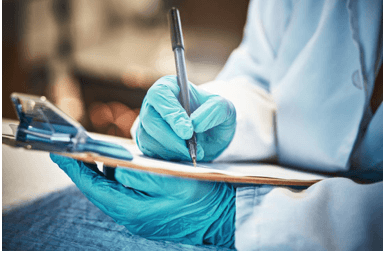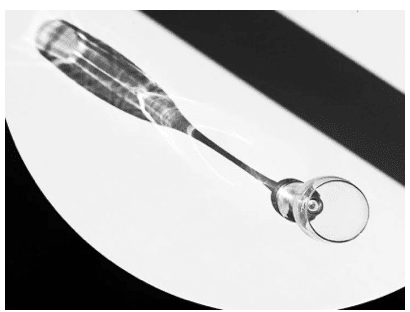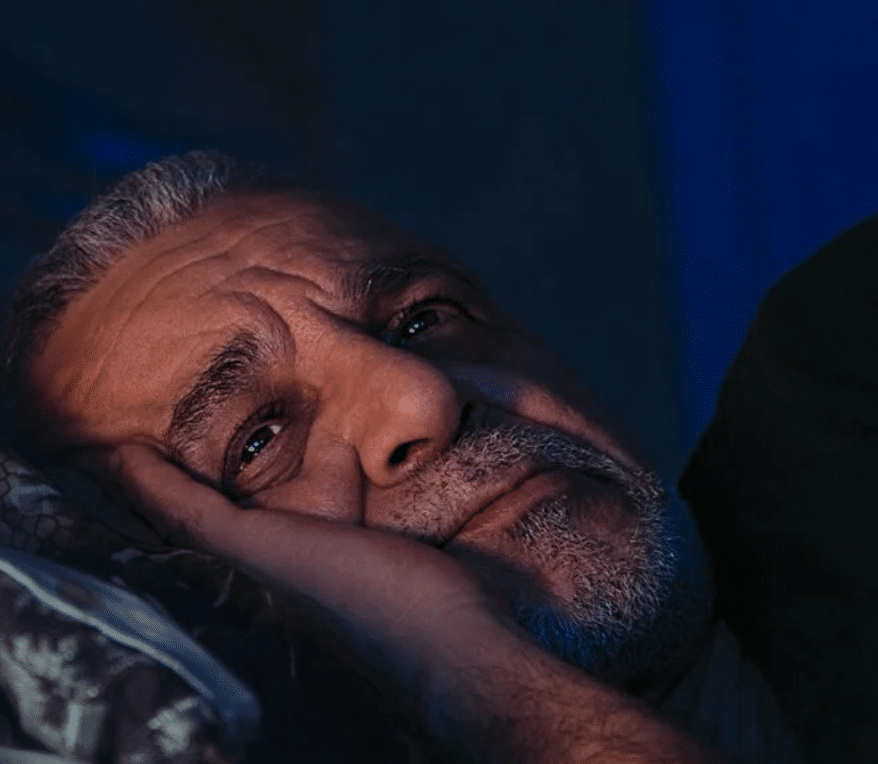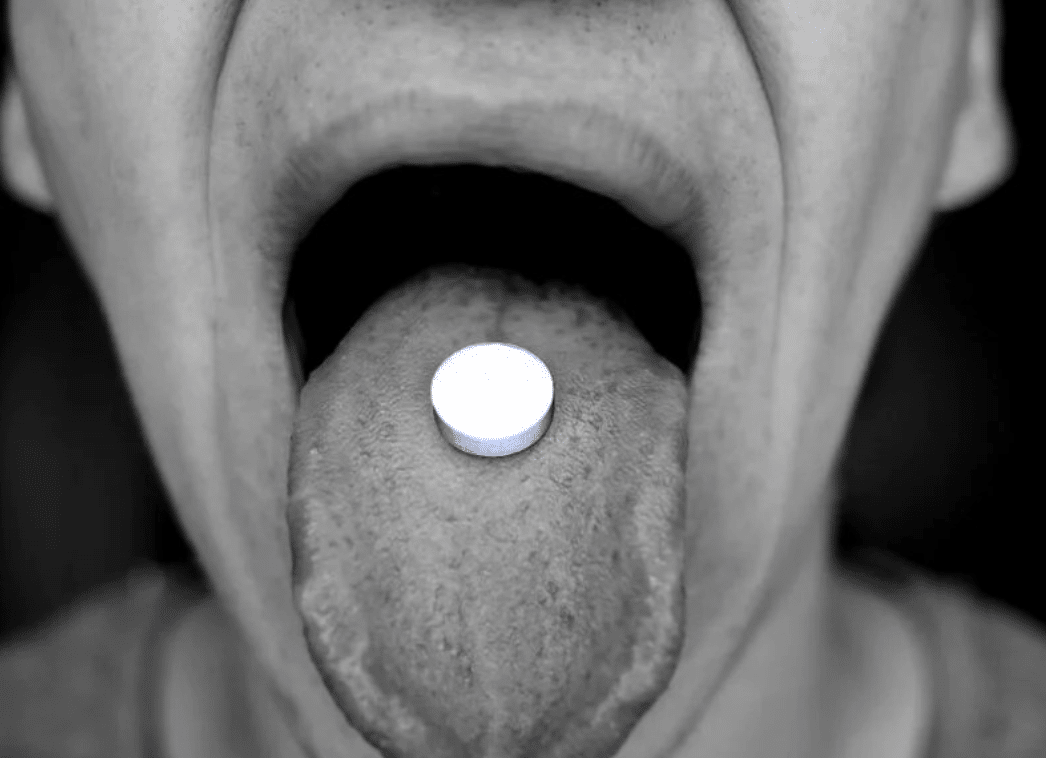Crohn’s disease is a chronic disorder that can cause irritation and inflammation anywhere along the digestive tract, from the mouth all the way to the anus. It develops most frequently in the colon and small intestine.
According to the American College of Gastroenterology, it is likely that Crohn’s disease develops due to a combination of genetic, environmental, and immune system factors. This broad range of factors gives researchers many areas in which to search for a cure.
In this article, we take a look at the current research into a cure for Crohn’s disease, as well as the best treatment options that are available at present.
Scientists are currently exploring many different options to try to find a Crohn’s disease cure.
Researchers are exploring links between Crohn’s disease and a type of bacteria called Mycobacterium avium paratuberculosis (MAP). These bacteria cause Johne’s disease, a chronic inflammation of the digestive tract in cows that has similar effects to Crohn’s disease in humans.
MAP bacteria are also more likely to be present in the blood cells of people with Crohn’s disease than in those of people who do not have this condition.
If MAP bacteria also cause intestinal inflammation in humans and might lead people to develop Crohn’s disease, creating an antibiotic to attack MAP bacteria could have benefits for people with this condition.
Some researchers are using this approach to study a new medication called RHB-104. An earlier study found that people with Crohn’s disease who took this antibiotic reported a positive impact on their symptoms after 18 weeks, but no overall positive change after 2 years. Further research is necessary, but the results so far show potential.
Other scientists are exploring the ecology of the human microbiome, which refers to the millions of bacteria that are present throughout the human body and particularly in the digestive tract. One theory is that changes to these bacteria could relate to changes in the gut.
Chronic inflammation is a key aspect of Crohn’s disease. As a result, many researchers are interested in exploring the different ways that inflammation develops in the body and finding new techniques to counteract it.
For example, one medication called vedolizumab can specifically prevent white blood cells from attacking the bowel wall. In one study, researchers used vedolizumab to treat people who had not seen any improvement from a standard first-line treatment. The results showed that the drug was no better than a placebo after 6 weeks, but that some benefits occurred after 10 weeks.
Treatment options and latest developments
As there is not yet a cure for Crohn’s disease, treatment focuses on:
- controlling symptoms
- improving the quality of life for people with this condition
- keeping complications at bay
It is crucial to start treatment for Crohn’s disease as soon as possible after diagnosis. The constant inflammation that accompanies the condition will eventually cause scarring of the bowel walls, which could make medications less effective.
Cramping, diarrhea, fever, and other common symptoms of Crohn’s disease result from the body’s incurable inflammatory responses. Doctors will describe an individual as being in remission once their inflammation is under control.
The goal of most treatment programs is to achieve remission and maintain it for as long as possible. Remission not only provides relief from the painful, draining symptoms of the disease, but it also gives the intestine walls time to heal.
Treatment plans for Crohn’s disease typically include:
- Anti-inflammatory medications. Drugs called aminosalicylates, such as sulfasalazine and mesalamine, may be suitable to treat mild-to-moderate cases of the disease.
- Corticosteroids. It is best to use these drugs only in the short term as they suppress the entire immune system and cause side effects, such as brittle bones. Examples of these medications include prednisone and budesonide.
- Immunomodulators. These medications, which include cyclosporine A and azathioprine, help maintain remission. They can also treat fistulas, which are abnormal passages in the body that can develop due to the disease.
- Antibiotics. These medications can treat abscesses and other bacterial complications of Crohn’s disease.
- Biologic medicines. Doctors tend to use these costly drugs when other medications do not work. Biologics can block immune system activity in a targeted fashion. Examples include infliximab and adalimumab.
- Diet and nutrition management. Making dietary changes will not cure Crohn’s disease, but it can help people maintain adequate nutrition and manage flare-ups.
- Surgery. Doctors may recommend surgical removal of the damaged parts of the gut if serious complications occur, such as blockages or fissures. Surgery may also be necessary when medications are no longer effective.
According to the Crohn’s & Colitis Foundation, about 70 percent of people with Crohn’s disease require surgery at some point. Recurrences are common, affecting up to 60 percent of people within 10 years of the surgery.
How many pounds have you lost this month? At Dieta Efectiva you can lose 10-12 lbs your first week and 2-5 lbs every week after. Visit us dietaefectiva.netto learn more about our program.







